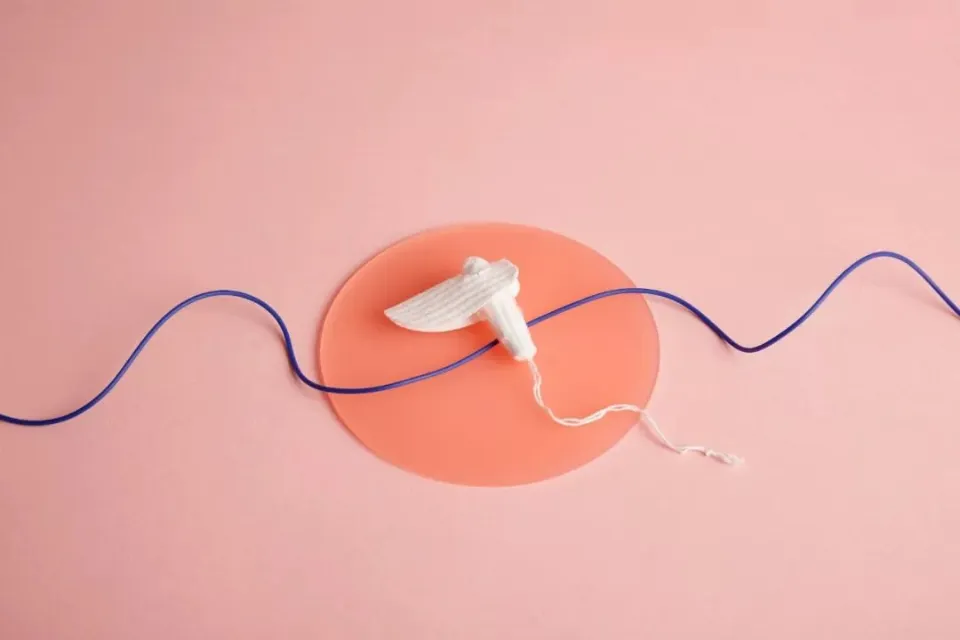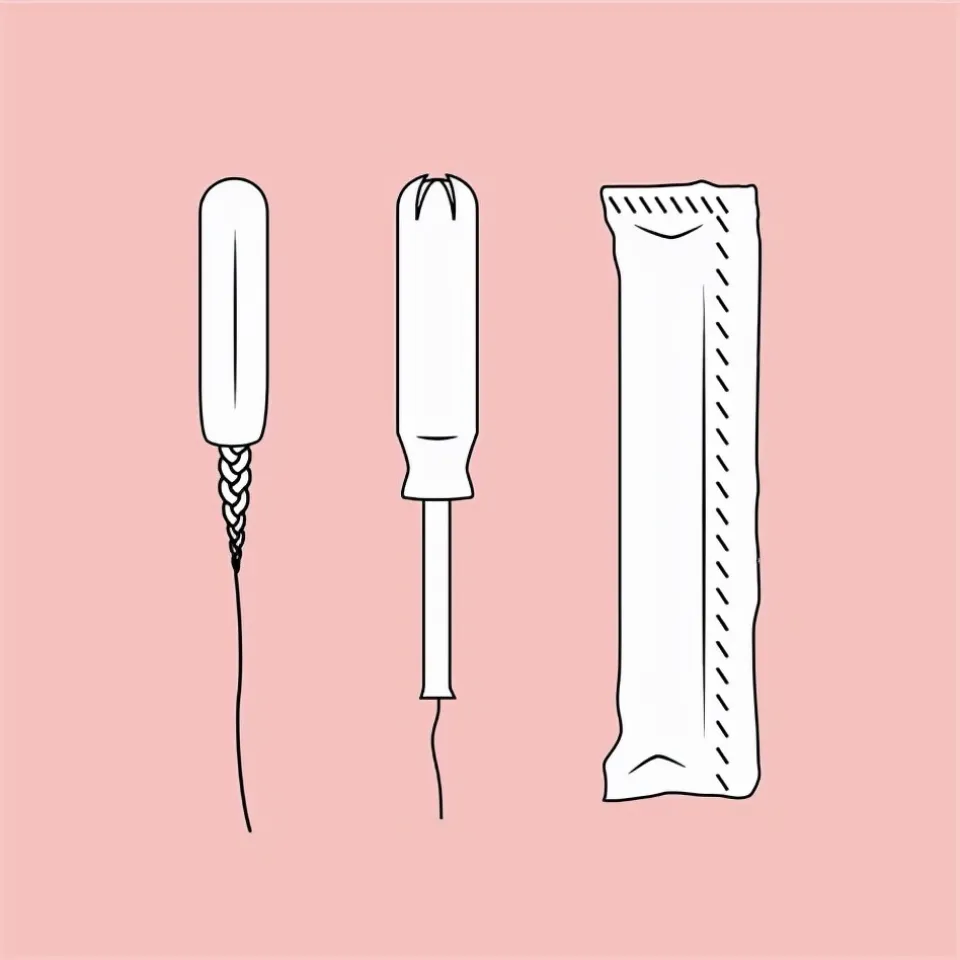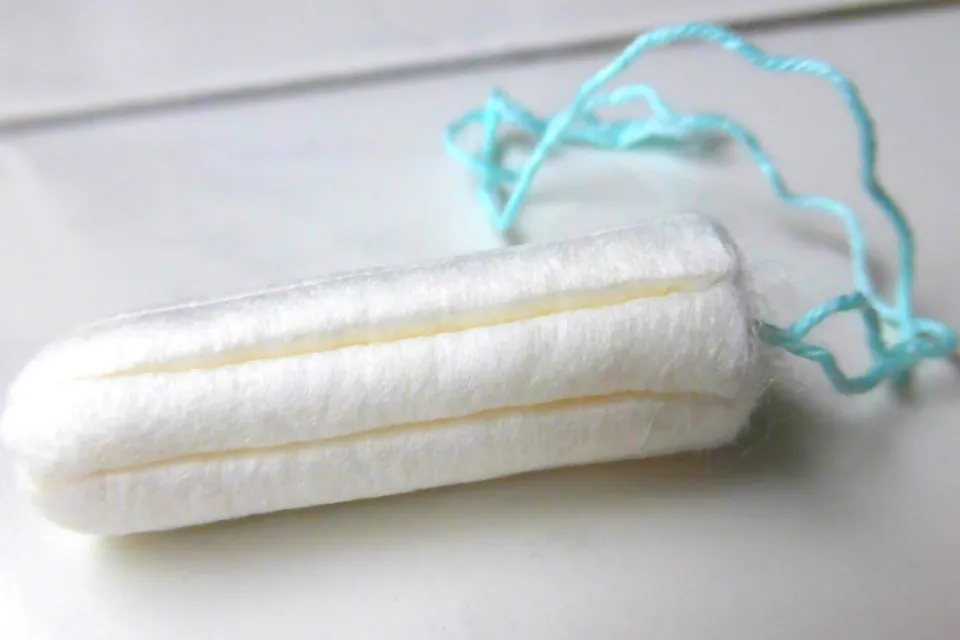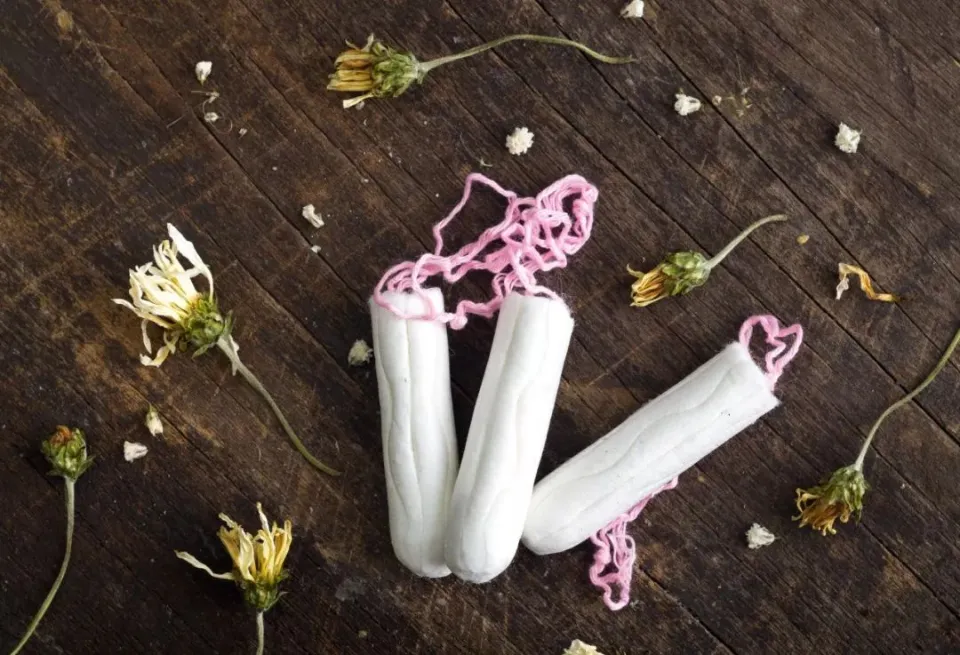
Are Tampons Or Pads Better – Which Is Healthier to Use?
Pads and tampons are two of the most popular methods of managing period blood, if not the most popular method. This is because they are effective and effective very well.
Tampons are also simpler to store than pads in a purse or pocket. The use of tampons may be desired when participating in sports or swimming for many girls who initially prefer to use pads.
Here, we list every different aspect that should be taken into consideration when deciding between tampons and pads.
What Are Pads?

Sticking pads to the interior of your underwear creates rectangles of absorbent material. Some have extra material on the sides (called “wings”) that fold over the edges of your underwear to better hold the pad in place and prevent leaks. Sanitary pads and sanitary napkins are other names for pads.
For periods that are heavier or lighter, pads are available in various sizes. Additionally, they are available in deodorant varieties, but these can irritate the vagina.
Pros
- May be better for heavy periods: Heavy period users must change their menstrual hygiene products more frequently than other users. Pads are simpler to change frequently throughout the day than tampons.
- Easy to use: Compared to tampons, pads are simpler to use. They work particularly well for overnight use. Without having to worry about getting up to change it, you can use them overnight. Unlike tampons, you can easily tell when your pad needs to be changed by taking a quick peek at it.
- Almost no risk of toxic shock syndrome (TTS): When menstrual pads are used, there is almost no chance of developing TTS. According to studies, using menstrual pads reduces a woman’s risk of developing TSS compared to using tampons.
Cons
- Can’t swim in them: While most activities can be done while wearing pads, swimming is not one of them. The likelihood is that they will become wet and separate from your underwear, which can be a very uncomfortable experience.
- Less discreet: Pads may be visible beneath specific types of clothing. Not that there’s anything shameful about it, but tampons might be the better choice for those who would prefer a more covert option.
- They are prone to moving around: Tampons aren’t likely to move after being inserted. You might get your clothes stained if pads shift out of place.
What Are Tampons?

However, tampons (pronounced “tam-ponz”) function from inside the vagina and absorb menstrual blood. The absorbent material of a tampon is tightly compressed into a tiny cylinder. The blood is inserted into the vagina and is absorbed by the tampon before it emerges. Many young women ponder how to insert them. Some tampons come with applicators, which are cardboard or plastic tubes that assist in positioning the tampon. With your fingers, insert additional tampons.
Pros
- Size: In comparison to pads and other menstrual products, the size of the tampon is one of its biggest advantages. Tampons are portable and compact. You should always carry them with you in case your period decides to surprise you. You can easily tuck them into your pocket or purse.
- Swimming: One of the few sanitary products for women that you can use while swimming is a tampon. “One advantage tampons have over pads is that you can go swimming, actively engage in sports and strenuous activities without really worrying about a pad moving around,” says Director of perinatal services at NYC Health and double board-certified OB/GYN Kecia Gaither.
- Invisibility: Tampons have another benefit over pads in that they are invisible. If you wear fitted clothing, your pads will be visible due to their bulk. Contrarily, tampons aren’t visible and, when used correctly, barely feel like they’re there.
Cons
- Harder to insert: Menstrual pads only need to be adhered to your underwear, making them easier to use than tampons. The simplest way to use a tampon is to insert it according to the instructions on the box. To facilitate insertion, some tampons also include applicators. But putting them in can be challenging, especially if it’s your first time using them.
- May irritate your vagina: More often than menstrual pads, tampons can irritate and dry out your vagina. Particularly for overnight use, tampons are not advised. It is more likely to irritate your vagina or result in an infection like a UTI the longer you keep your tampon in.
- Risk of toxic shock syndrome (TTS): The possibility of experiencing toxic shock syndrome (TSS) is among the use of tampons’ biggest drawbacks. This uncommon but possibly fatal condition arises when the bacteria in your vagina overgrows as a result of the tampon in it. TTS is thought to affect between 0.8 and 3.4 out of every 100,000 people in the US.
TTS signs and symptoms include weakness, fevers, vomiting, and diarrhea. It’s crucial to change your tampons every three to four hours to lower the chance of this condition developing. You can further lower your risk by using tampons with low absorbency.
What Are the Safety Risks?

The use of pads or tampons doesn’t pose many risks to your safety. The use of tampons is linked to a higher risk of developing menstrual toxic shock syndrome (TSS), a rare but serious medical condition that can be fatal when your body’s normal bacteria release toxins. Men, women, and children can all contract TSS, but tampon use by women is linked to 50% of reported TSS cases. It is a serious condition, and some of its possible symptoms include a sudden onset of a high fever, low blood pressure, a rash resembling a sunburn, vomiting or diarrhea, confusion, muscle aches, headaches, and seizures. Therefore, if you’ve been using a tampon and experience any of these symptoms, visit the hospital right away and make sure to inform the medical staff that you’ve been using one. Keep in mind to wear your tampon for no more than 8 hours per day and to always wear the least amount of absorbency necessary for your flow.
What is Toxic Shock Syndrome?
Girls who use tampons occasionally develop toxic shock syndrome, a rare infection. Tampons can grow and spread germs if they are left in for too long. Therefore, even if your period is light, it’s crucial that you change your tampon every 4-6 hours at the very least.
High fever, vomiting, diarrhea, excruciating muscle aches, weakness, dizziness, or a rash resembling a sunburn are all signs of toxic shock syndrome. Tampons should be removed if you experience any of these symptoms, and you should tell an adult right away. As soon as you can, have someone take you to the closest emergency room.
When to Change Pads Or Tampon?

If you are using pads, this is somewhat simple. It is simple to determine whether or not your pad is filled. Additionally, there are pads in a variety of sizes with additional features. Thus, depending on the characteristics of your period flow, you have more options. If you have frequent heavy periods, you might choose XL or even XXL pads. And if staining is a concern for you, many pads come with extra long lengths and wider backs to cover you and stop stains even when you’re sleeping in the most bizarre positions.
Tampons on the other hand, since they are worn internally, can be a little more challenging. To achieve the ideal fit for your flow, a lot of practice is required. Additionally, most female complainers of tampon leaks within a few hours.
How Do I Decide Whether to Use a Pad Or Tampon?
It’s entirely up to you whether to use tampons or pads. When they participate in sports or go swimming, many girls who initially use pads may want to switch to tampons. In a pocket or purse, tampons are also simple to store. Tampons have the additional benefit of not being felt due to their internal location. Some girls might find a pad to be bulky.
Other girls prefer pads because they are simple to use and because you can see the blood on them, making it simpler to remember when to change them. Many girls alternate between using tampons and pads, depending on the circumstance, where they’ll be, and the flow of their menstrual blood. Some women use tampons during the day and pads at night. As an added measure of leakage prevention, some girls with heavy periods pair tampons with pads or pantyliners.
Even if your period hasn’t yet started, it’s a good idea to be ready by keeping a supply of pads or tampons on hand. If today is the day, you will then be prepared!
Bottom Line
Tampons vs. pads is only one aspect of the period game. pads. There are choices available to you, and ultimately it is up to you what you want to do with your period.
When choosing your products, take into account your comfort, your spending limit, your convenience, and any other factors that are important to you. To determine which option works best, try out a few. To accommodate the different phases of your cycle, don’t be afraid to mix it up.
FAQs
Are Pads Healthier Than Tampons?
In contrast to tampons, pads are simpler and safer to use. A pad can be a really good option, especially if you tend to forget you’re wearing a tampon only to discover the bacteria inside is throwing a vampire party in your pants.
Do Tampons Hold More Blood Than Pads?
3 milliliters of fluid can be contained by a fully saturated light tampon. The maximum amount of liquid that a super tampon can hold is 12 milliliters. The maximum amount of liquid that a typical daytime pad can hold is 5 milliliters. A completely saturated overnight pad may be able to hold 10 to 15 milliliters of liquid.
Are Pads Or Tampons Better for Cramps?
Tampons don’t cause or aggravate cramps. Cramping is brought on by uterine contractions, and tampons never last that long! The act of putting a tampon in could aggravate a medical condition that causes pain in or around your vagina. If so, choose pads or period underwear instead.





Average Rating